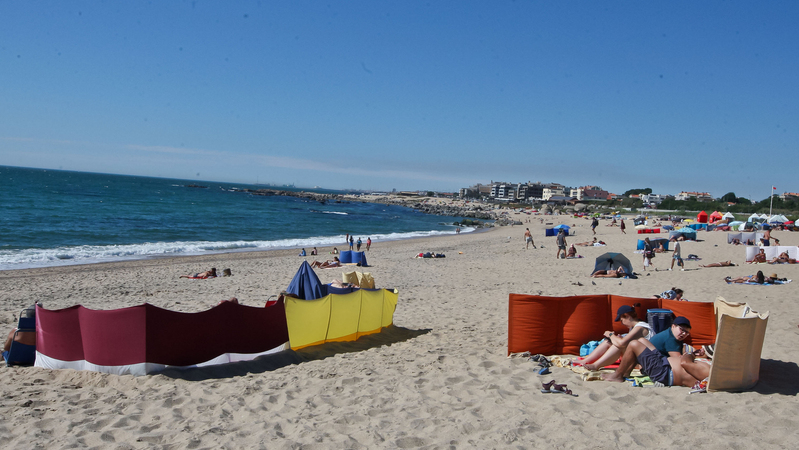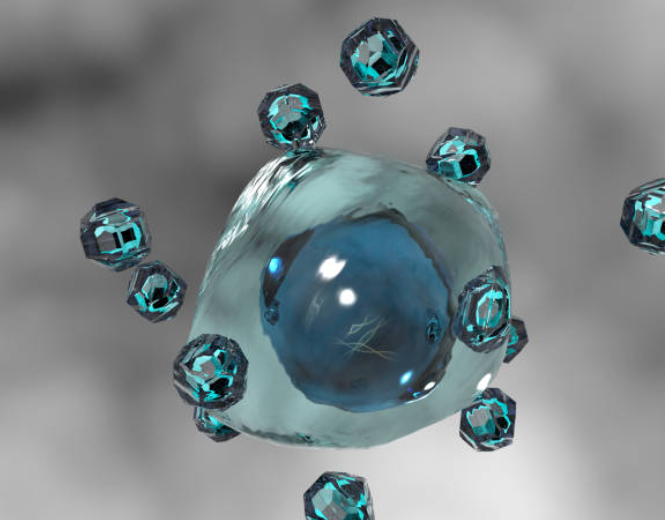The scientist's alert follows a study by ICBAS, subsidized by the Foundation for Science and Technology (FCT), on water quality on beaches in the North region.
The researcher from the University of Porto Adriano Bordalo Sá warned about the danger to public health in beach waters, due to the increase in non-fecal pathogenic bacteria during the summer, and recommends an urgent national diagnosis.
In an interview with the Lusa agency in the context of climate change that is increasing the temperature of sea water in the north of the country, the scientist and professor at the Instituto de Ciências Biomédicas Abel Salazar (ICBAS) of the University of Porto, recommended to the Health authorities to perform an “immediate diagnosis at national level”, because the situation found on the northern beaches could be happening along the coast, which is about 900 kilometers long.
Read the full text here.
Source: Diário de Notícias | Image Credits: José Carmo/Global Imagens





